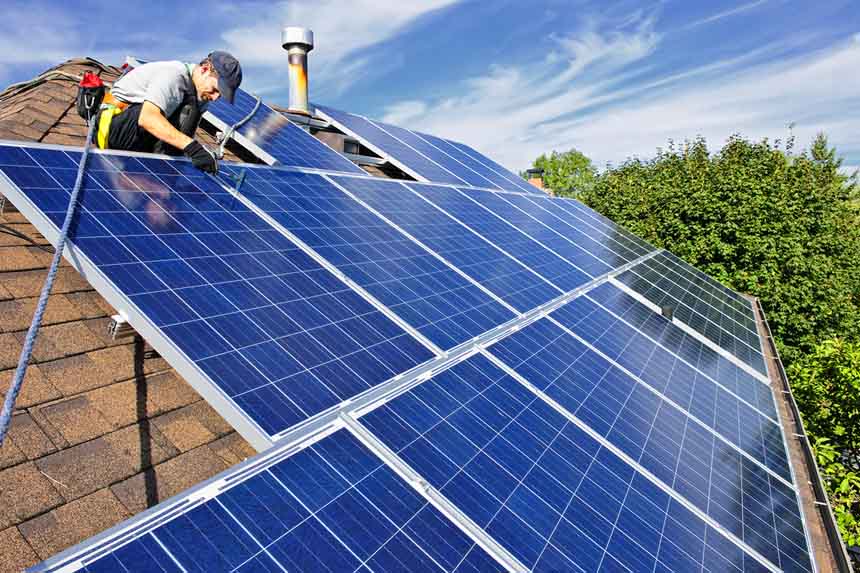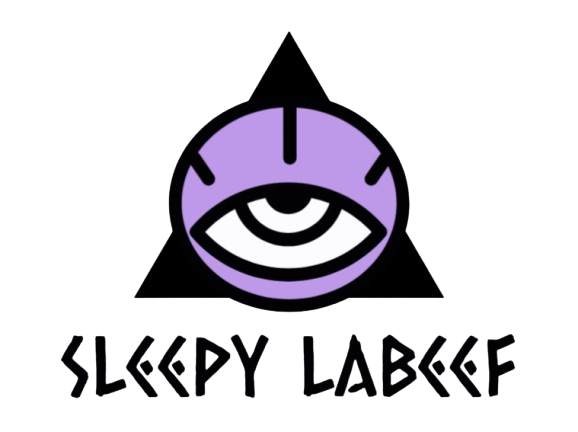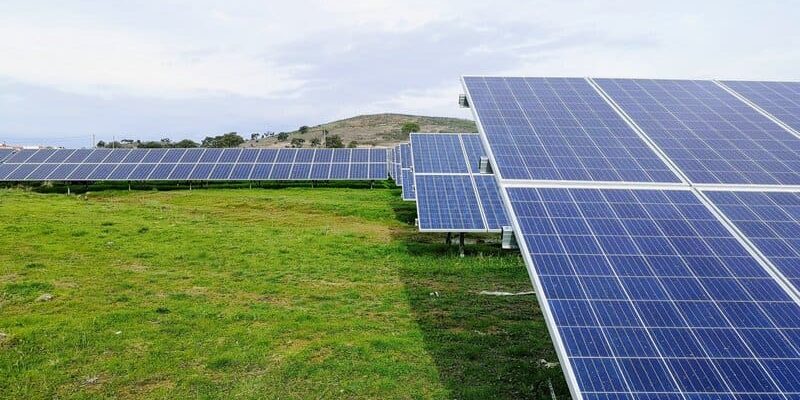Solar panels also referred to as photovoltaic (PV) panels, are devices that convert sunlight into electricity. They have become increasingly popular as a means of producing clean energy for homes, businesses, and entire communities. In this article we’ll take a closer look at how solar panels Victoria function, their advantages, and some of the challenges they face.
How Do Solar Panels Work?
Solar panels consist of individual cells connected together, known as solar cells. Each cell contains layers of silicon and other materials that generate electricity when exposed to sunlight. When photons from the sun strike the surface of a cell, they knock electrons loose from their silicon atoms, creating an electric current.
Solar cells generate very little electricity on their own, so multiple cells must be connected together in series to form a panel that generates enough power for practical purposes. The panels then need to be installed on roofs or other structures where they can receive maximum sunlight exposure.

Benefits of Solar Panels
Utilizing solar panels as an energy source has many advantages. Here are some of the most significant ones:
Renewable Energy Source: Unlike fossil fuels, which are finite resources that will eventually run out, the sun is an inexhaustible source of energy. Solar panels can harness this power to generate electricity without depleting the earth’s resources.
Low Maintenance Needed: Solar panels require only occasional cleaning to stay at peak efficiency, and have no moving parts, meaning there’s little risk of breakdown or failure.
Reduced Energy Costs: By producing their own electricity, homes, and businesses can significantly reduce their energy bills. In some cases, excess power generated from solar panels may even be sold back to the grid, providing an additional source of income.
Solar Panels Face Challenges
Solar panels offer numerous advantages, but there are also some challenges that must be overcome:
Initial Cost: Solar panels can be costly to install, making the transition to solar energy difficult for some homeowners and businesses. Fortunately, prices have been declining steadily in recent years, making them more accessible to a wider range of people.
Weather Dependence: Solar panels require sunlight to generate electricity, so they may not be as efficient in areas with low levels of illumination or during periods of cloudy weather. Fortunately, advances in technology have made solar panels more efficient at capturing light, and energy storage solutions can help mitigate the effects of weather fluctuations.
Recycling Solar Panels: Solar panels contain hazardous materials like lead and cadmium that can pose environmental hazards if not disposed of correctly. Recycling programs are being developed to address this problem, though they are not yet widely accessible.
Conclusion
Solar panels are an exciting technology that can help us reduce our reliance on fossil fuels and generate clean energy for homes, businesses, and communities. Although there are still challenges to be solved, advances in technology and decreasing costs make solar energy more accessible than ever before. By harnessing the power of the sun, we can build a more sustainable future for ourselves and future generations.


